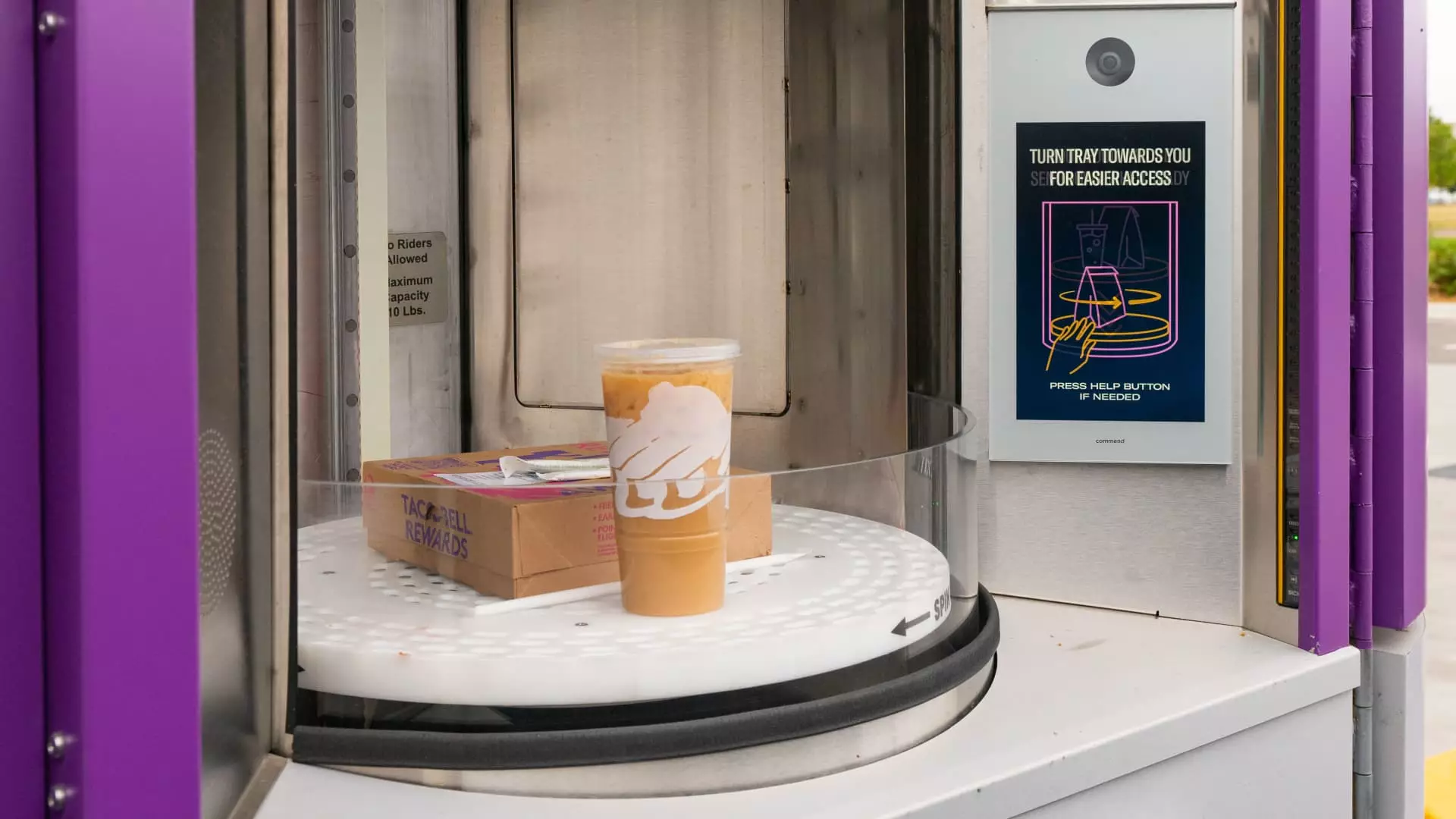The integration of artificial intelligence (AI) into the food industry is not just a passing trend; rather, it is a strategic investment aimed at reshaping the way businesses operate. Not only is AI revolutionizing the tech sector, but it is also making significant inroads in the food industry. This transformation is evident in the proliferation of AI-driven services, such as self-checkout kiosks and AI-powered ordering systems in drive-thru lanes. The adoption of AI technology is seen as a crucial step for businesses looking to enhance efficiency, reduce operational costs, and stay competitive in a rapidly evolving market.
Consumers in the United States are increasingly turning to AI-powered solutions in response to rising food inflation and changing spending patterns. As customers seek out cost-effective options, businesses are leveraging AI to streamline operations, optimize pricing, and offer value-driven menus. Fast-food chains like McDonald’s, Taco Bell, and Wendy’s have reintroduced value menus, while major retailers like Walmart and Target have slashed prices on essential grocery items. This shift towards AI-enabled solutions is driven by the need to strike a balance between profitability, customer satisfaction, and operational efficiency in a challenging economic landscape.
Strategic Investments in AI
The commitment to AI technology is evident in the substantial investments made by key players in the food industry. McDonald’s, for instance, announced a $2 billion plan to deploy AI and robotics in its restaurants and drive-thrus as part of its long-term strategy to enhance operations and customer experience. Similarly, grocery stores invested $13 billion in tech automations in 2022 alone, with projections suggesting a 400% increase in spending on AI-driven innovations by 2025. These investments are driven by the belief that AI technology can not only improve customer experience but also simplify the work of team members, making operations more efficient and sustainable in the long run.
Looking ahead, the food industry is poised to witness a transformational shift towards AI-driven technologies that promise to redefine the customer experience and streamline operations. With advancements in AI and automation, businesses are better positioned to adapt to changing consumer preferences, enhance operational efficiency, and drive sustainable growth in a highly competitive market. As Joe Park, Chief Digital and Technology Officer at Yum Brands, aptly puts it, AI and technology have the potential to revolutionize the food industry by creating seamless experiences for customers while empowering employees to perform their roles more effectively. The future of the food industry is undeniably intertwined with the rise of artificial intelligence, paving the way for innovation, efficiency, and sustained growth.


Leave a Reply